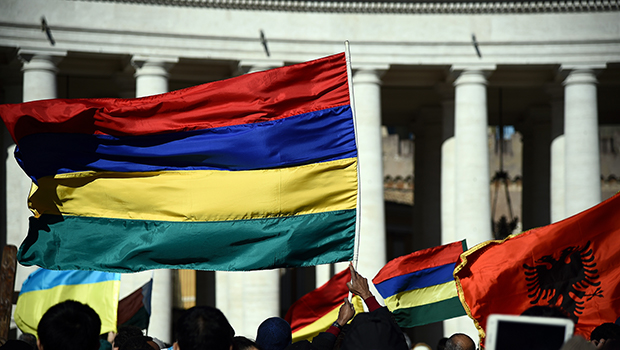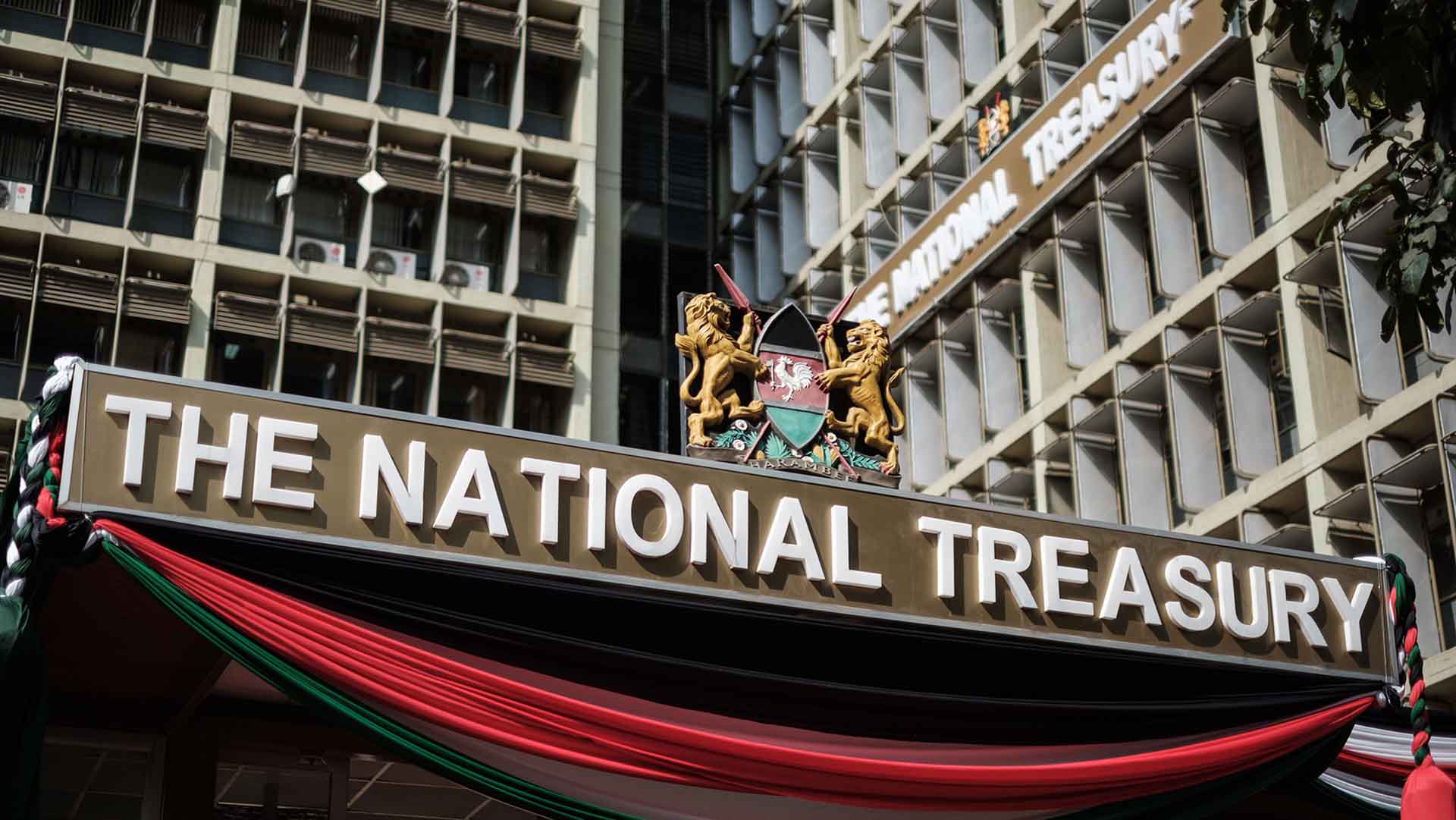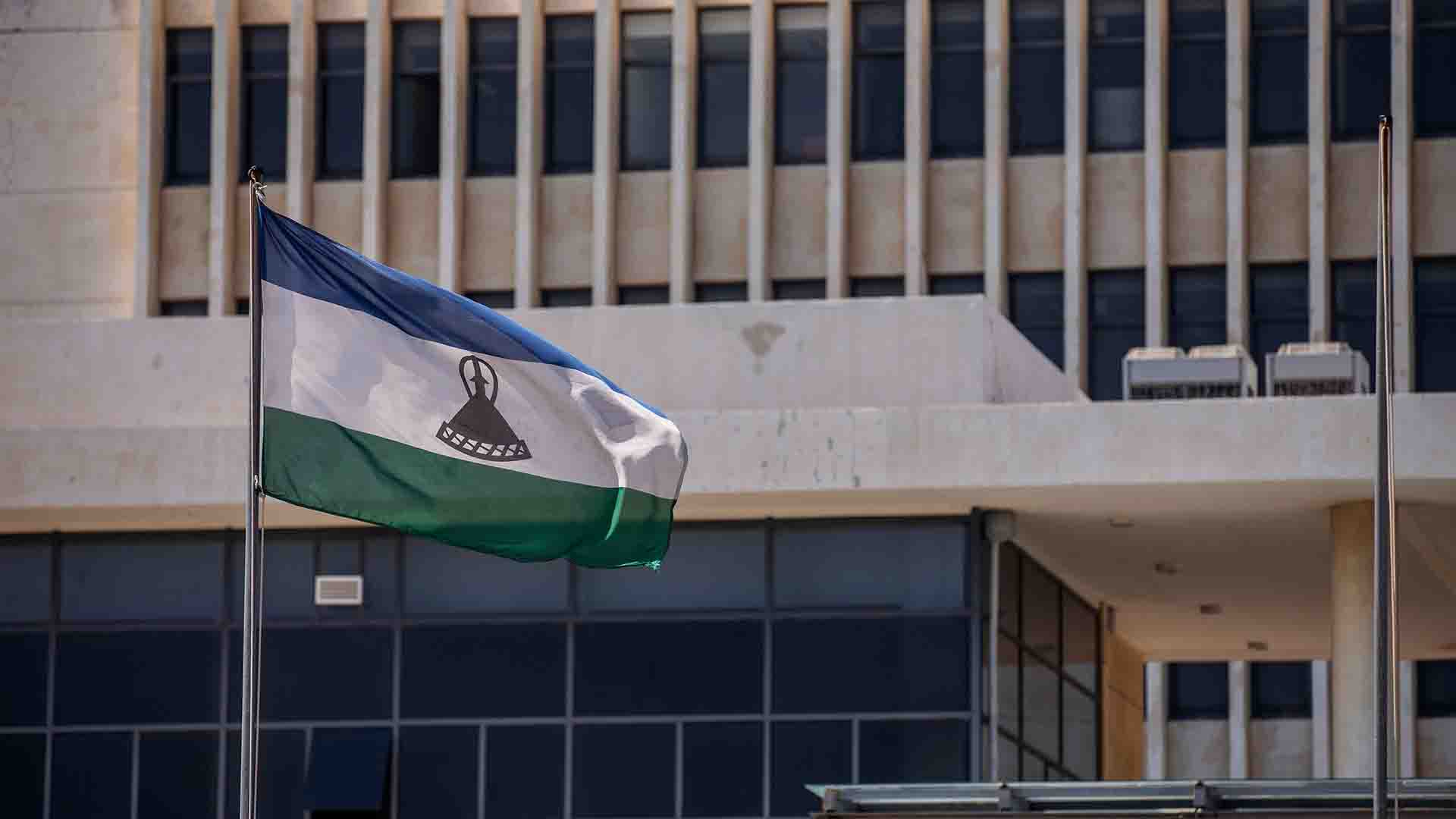Mauritius Leaks is a cross-border investigation into how one law firm on a small island off Africa’s east coast helped companies leach tax revenue from poor African, Arab and Asian nations.
Led by the International Consortium of Investigative Journalists, the investigation is a collaboration by 54 journalists in 18 countries.
More than 200,000 documents from the Mauritius office of a prestigious offshore law firm, Conyers Dill & Pearman, are at the heart of the investigation. ICIJ corroborated company information from the leaked documents with data in the Mauritius corporate registry and the Financial Services Commission’s register of licensees.
The documents offer a rare window into corporate tax avoidance in countries in Africa, the Middle East and Asia.
The documents include emails, contracts and business plans provided by some of the world’s biggest players in finance and law, including KPMG and the London-based multinational law firm Clifford Chance.
Together, they reveal attempts by corporations and individuals to exploit tax rules that allow them to avoid taxes of such countries as Egypt, Mozambique and Thailand.
“Mauritius is a bit like the Luxembourg of Africa,” said Tove Ryding, policy and advocacy manager for tax justice at the European Network on Debt and Development. Mauritius has “specialized as a gateway to Africa so we see a lot of corporations that come and set themselves up in Mauritius because it allows them to transfer money in and out Africa without incurring much tax.”
Conyers sold its Mauritius business to three former employees in 2017.
Conyers told ICIJ that it “strictly adheres to the laws of all the jurisdictions in which we operate and is routinely reviewed by regulatory authorities and external auditors.”
Mauritius Leaks exposes how anti-poverty crusader Bob Geldof’s investment fund and household-name corporate titans such as Wal-Mart and Whirlpool discussed taxes and trusts as part of operations in Africa and Asia.
Known as the “Mauritian miracle,” the island’s economic success has been built on offering investors tax advantages through a Mauritian “double-whammy.”
Offshore firms such as Conyers sell the former French colony, population 1.265 million, as the go-to-destination for multinational corporations seeking to create shell companies easily.
Many of those creations are what is known as “shell” or “brass plate companies,” with no employees or offices and whose only tangible link to Mauritius is a postal address shared by dozens or even hundreds of similar firms.
Mauritius allows multinationals to route investments through “resident” shell companies, which pay an effective corporate income tax rate of 3% or less, to avoid paying substantially higher taxes in other countries.
The second part of the “double whammy” is an array of what are known as double tax treaties with countries in South Asia, Southeast Asia, the Middle East and Africa.
Such treaties are intended to ensure that multinational corporations are not taxed on the same income twice. But every year, the world’s poorest countries lose billions of dollars as those firms use treaties and other loopholes to route money through shell companies in tax havens.
Mauritius rejects criticism of its role as a tax revenue haven, but it has responded to increased pressure and introduced stricter rules to prevent tax abuse.
At the same time, the country is pursuing more than a dozen new tax treaties, involving some of the world’s poorest countries, and it is resisting pleas from countries such as Uganda to overhaul their tax treaties.
The team behind the international investigation included the Quartz AI Studio, which helped mine the documents through the use of machine learning, a type of artificial intelligence.
ICIJ team
Director: Gerard Ryle
Project Manager: Fergus Shiel
Reporter: Will Fitzgibbon
Data Editor: Emilia Diaz-Struck
Senior Editor: Dean Starkman
Consulting Editor: Tom Stites
Associate Editor and Fact Checker: Richard H.P. Sia
Researcher: Delphine Reuter
Data Developer: Miguel Fiandor Gutiérrez
Data Fact Checker: Karrie Kehoe
Copy Editor: Joe Hillhouse
Video Journalist: Scilla Alecci
Online Editor: Hamish Boland-Rudder
Engagement Editor: Amy Wilson-Chapman
Social Media Specialist: Mandie Garcia
Web Developer: Antonio Cucho
Editorial Intern: Zshekinah Collier
Illustrator: Marwen Ben Mustapha – inkyfada
Reporters
South Africa
Financial Mail
- Warren Thompson
Nigeria
Premium Times
- Nicholas Ibekwe
- Musikilu Mojeed
Namibia
The Namibian
- Shinovene Immanuel
- Lazarus Amukeshe
Thailand
India
The Indian Express
- Ritu Sarin
- Jay Mazoomdaar
- P. Vaidyanathan Iyer
- Sandeep Singh
Tanzania
- Simon Mkina
United Kingdom
Finance Uncovered
- Diarmid O’Sullivan
- Ted Jeory
- Margot Gibbs
- Nick Mathiason
La Réunion
Le Tangue
- Loic Chaux
Uganda
Daily Monitor
- Frederic Musisi
- Tabu Butagira
France
Le Monde
- Joan Tilouine
Botswana
INK
- Alvin Ntibinyane
- Joel Konopo
United States
Quartz
- John Keefe
- Jeremy Merrill
- Max de Haldevang
- Justin Rohrlich
- Pete Gelling
Kenya
- Moses Michira
- Yinka Adegoke
- Abdi Latif Dahir
Mauritius
L’Express
- Axcel Chenney
The Netherlands
Trouw
- Karlijn Kuijpers
- Erik van Zwam
Germany
Süddeutsche Zeitung
- Mauritius Much
Indonesia
Tempo
- RR Ariyani
- Caesar Akbar
- Dias Prasongko
- Wahyu Dhyatmika





